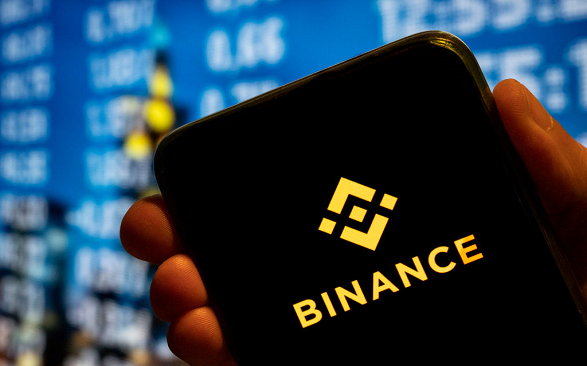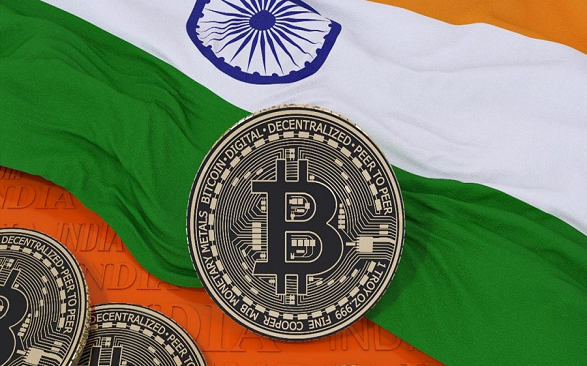by Jude Ayua
Binance has secured regulatory approval from Brazil’s central bank (Banco Central do Brasil—BCB), making it Binance’s 21st operating license globally. This approval designates Binance as a licensed broker-dealer in Brazil, allowing it to acquire Sim;paul, a São Paulo-based investment platform authorized to distribute securities and issue electronic money. Binance became the first crypto exchange to secure a broker-dealer license in Brazil.
Richard Teng, Binance’s Chief Executive Officer, commented on the importance of the license for the exchange, saying, “This approval underscores our commitment to compliance and security, and we look forward to continuing to provide our local users with a secure, reliable, and innovative platform for their digital-asset needs.” Teng noted that as a market with an increasing crypto adoption, “Brazil is home to a vibrant and dynamic community that is readily embracing the future of finance.”
Brazil as a strategic market for Binance
Brazil ranked 10th in the 2024 Chainalysis global adoption index. The country’s regulatory approach to the crypto industry is friendly and progressive. The BCB and Brazil’s internal revenue service have published proposals for a dedicated regulatory framework, which they made public for market participants and experts to make suggestions.
Read also: Binance records $23B net inflows, $100T lifetime trading volume, and 250M users in 2024.
The Congress has also discussed federal bills on digital asset classifications and stablecoins. Recently, Congressman Mr. Eros Biondini introduced a bill proposing to the Federal Government to establish the Sovereign Strategic Reserve of Bitcoins (RESBit). The Bill aims to diversify the financial assets of the National Treasury, protect international reserves against exchange rate fluctuations, promote the use of blockchain technologies in the public and private sectors, and guarantee backing for the issuance of Brazil’s central bank digital currency (CBDC), Drex.
These developments show Brazil’s institutional adoption of blockchain and the government’s support for the industry. To further demonstrate this, in October 2024, BCB disclosed it is developing a “synthetic” CBDC that incorporates elements of decentralized finance (DeFi) into Drex. Brazil is indeed a safe haven for Binance’s business to thrive.
Guilherme Nazar, Head of Latin America for Binance, commented on the approval: “This approval marks a significant milestone in our ongoing commitment to expanding our products and services in Brazil. We look forward to taking this opportunity to further drive the adoption of digital assets and deliver unparalleled value to our clients in Brazil.”
Read also: Brazil proposes National Bitcoin Reserve Bill.
Binance’s global challenges and compliance efforts
Binance has faced several regulatory challenges in different jurisdictions including the US, UK, Nigeria, and Australia. The exchange is restricted in the US, UK, and Nigeria for noncompliance with application regulations. In March 2024, the Nigerian government prosecuted Binance for allegedly facilitating illegal foreign exchange transactions. This fine came a few months after the US Department of Justice reached a settlement with Binance to pay $4.3 billion for criminal money laundering charges. In December 2024, The Australian Securities and Investments Commission sued Binance Australia Derivatives over consumer protection failures.
However, Binance has also been making progressive efforts with regulatory compliance in different countries. In his comments on the Brazil broker-license, Nazar emphasized the exchange’s efforts that: “It highlights our dedication to compliance and regulatory excellence while enhancing our ability to provide secure and innovative financial solutions to our growing user base in the country.”
Its approval in Brazil follows other similar approvals in 2024, including in Argentina, India, Kazakhstan, and Indonesia. It also has authorizations in jurisdictions like Dubai, France, Japan, El Salvador, among others. These achievements show Binance’s resilience globally amid challenges.
Brazil’s Central Bank tests DeFi features in its CBDC pilot.
Hong Kong’s SFC approves four crypto exchanges.
Jude Ayua is a policy analyst at CAB. A lawyer, Jude is an associate at Infusion Lawyers where he is a member of the Blockchain & Virtual Assets Group. He is also a member of the Policy & Regulations Committee of the Stakeholders in Blockchain Technology Association of Nigeria (SiBAN). Jude reports and writes on crypto policy and regulations. jude@infusionlawyers.com
Discover more from Crypto Asset Buyer
Subscribe to get the latest posts sent to your email.





